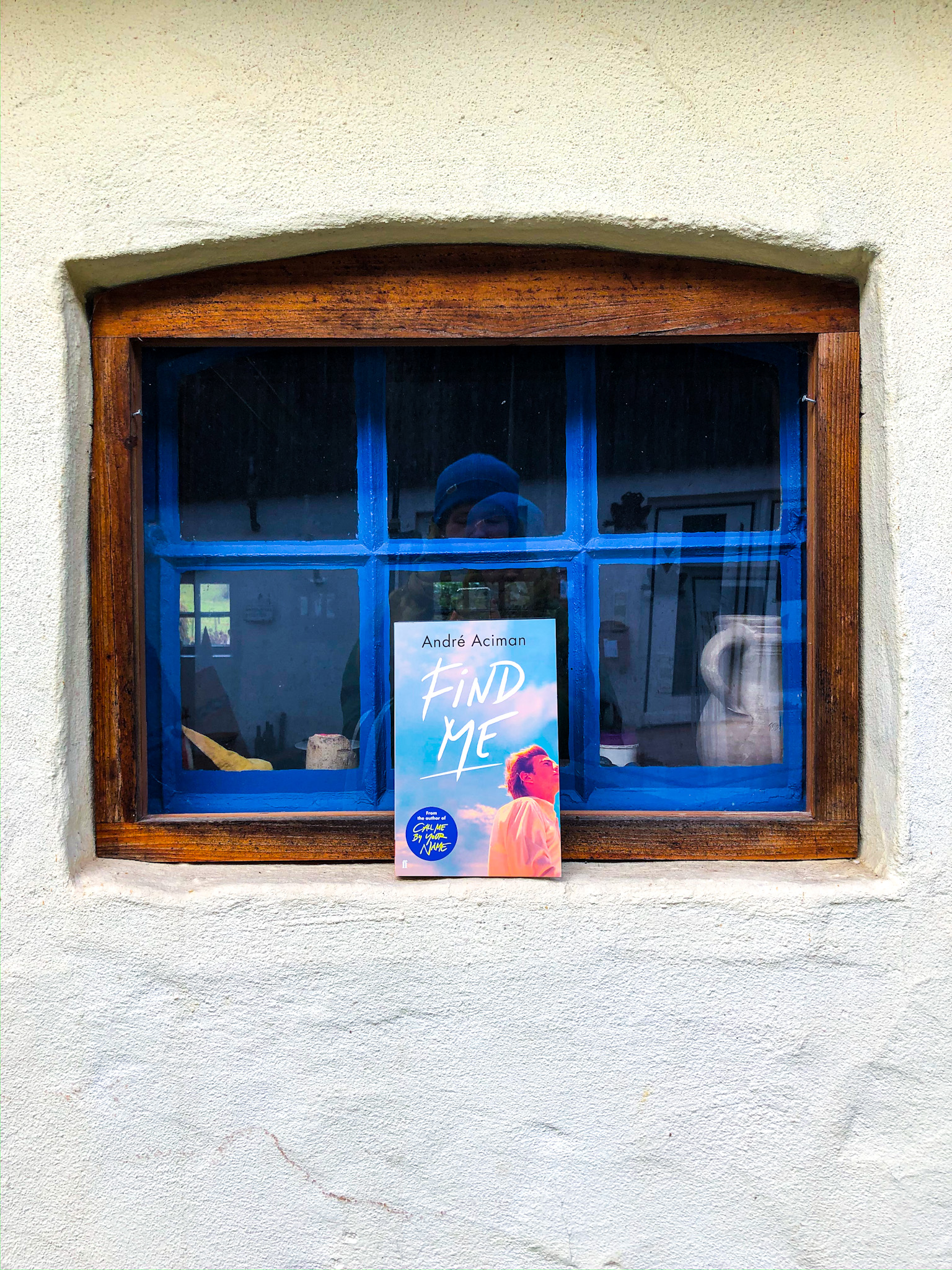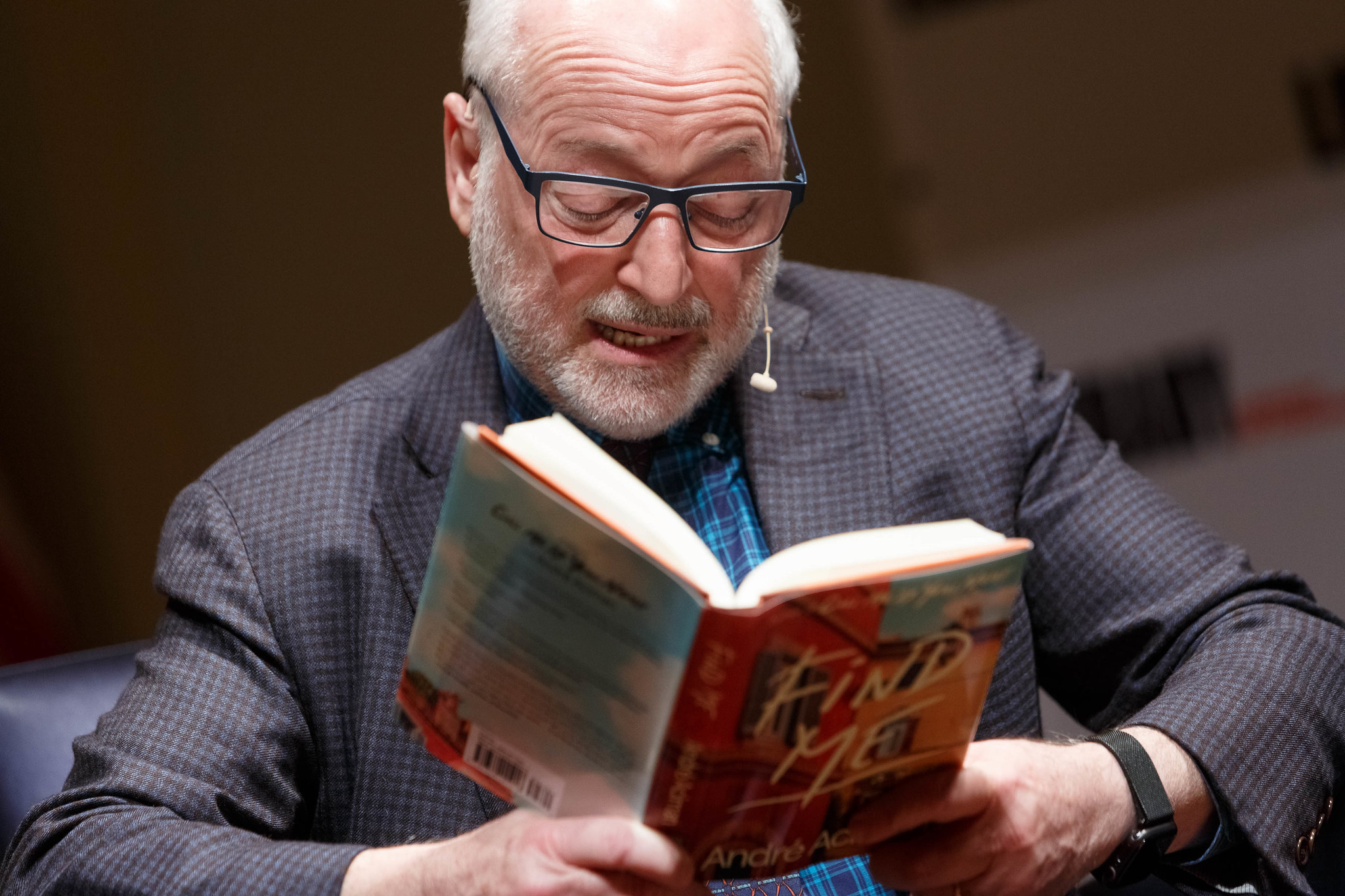

To start with the father and gradually introduce Elio, then have Elio essentially switch roles with his father to give him some advice. It came to me, somewhat sporadically, as I started writing something about an older man and a younger woman on a train, that this was the thing to do.

What do you do after they reunite a few times? Or they don’t reunite, or it doesn’t work? Then we’re back to the same back and forth. Suddenly I realized it wasn’t right-that it was the same thing as Call Me By Your Name.

I started another book many times, actually, with Elio thinking about how to travel. After I finished Eight White Nights, I decided it was time to go back to Elio and Oliver, because I knew the story wasn’t done. Four months later, I was done, and I went back to the other novel as if there had been nothing in between. I interrupted it because it was surfeited with complexity, so I started writing Call Me By Your Name just to have fun. Why did that feel like the right choice, particularly when it wasn’t the expected choice?Īndre Aciman: Call Me By Your Name started when I was writing another book called Eight White Nights.

Instead, you spend much of the book with other characters. Esquire spoke with Aciman about domestic life as a literary genre, the pleasures of aesthetic gratification, and the lifelong fingerprints of our first loves.ĮSQ: What I and many people expected when they read the news about the sequel was 250 pages of Elio and Oliver together. What ensues is a thoughtful meditation on regret, lives unlived, and the indomitable bearing of the past on the present. Now Aciman has written Find Me, a sequel to Call Me By Your Name that opens with Elio’s now-divorced father, Samuel, meeting a young woman on a fateful train ride.


 0 kommentar(er)
0 kommentar(er)
